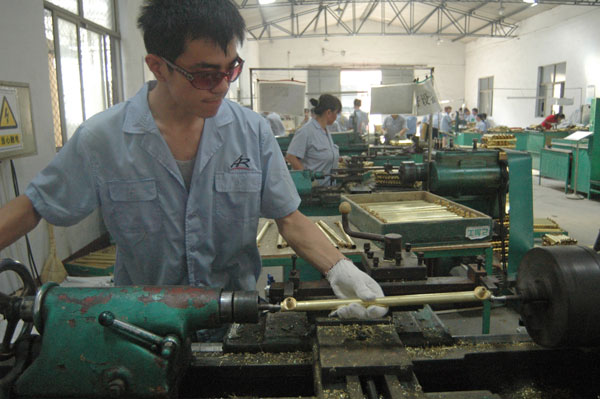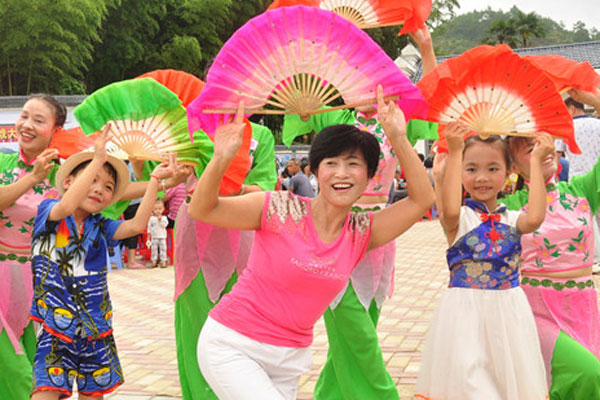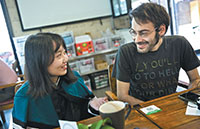Frozen eggs give birth to heated debate by celebrities online
Updated: 2015-08-04 14:54
(chinadaily.com.cn)
|
|||||||||||
Move to ban single women from freezing their own eggs so as to have babies at a later age has sparked a heated debate online after the social media account of China Central Television posted an explanatory thread on Sunday.
With a video illustrating the pros and cons of having babies with the assistance of Oocyte Cryopreservation, or egg freezing technology, the post generated a huge response and attracted 109,442 reposts, 31,815 comments and 13,715 likes within two days after its publication.
Egg freezing is classified as a supplementary IVF (in vitro fertilization) measure in China and the procedure is only available to married women who must have a valid reproduction permit, as stipulated by the Assisted Reproductive Technology Regulation issued by the National Health and Family Planning Commission, the country's top health body.
The only exceptions are women with conditions such as premature ovarian failure, or those undergoing chemo therapies. Freezing eggs solely for preserving or extending fertility is illegal, the regulation states.
This reproductive technology has become the focus of public discussion partly because 41-year-old Xu Jinglei, a Chinese actress, announced about one month ago that she had frozen nine of her eggs in 2013 to give herself more opportunities of having babies at a later stage.
"Egg freezing technology is the only way for me to go back and rectify my decision of not having babies now if I later regret this decision,"said Xu at that time.
In response to CCTV's post explaining China's denial of access to the technology to single women, Xu expressed her unhappiness at the move by sarcastically commenting that now there is a new creature in the world called Chinese single women.
Her view found support in Han Han,an intellectual and best-selling author, who forwarded CCTV’s post and wondered whether a woman must get married before she can have a baby and whether a woman has the right to dispose of her own eggs freely and whether she has the right to exercise her own reproduction rights.
"Why is having a baby bound up with getting married?" asked Han.
However, some experts claim that the reproductive technology poses health risks.
The recovery rate of frozen eggs after thawing is 70 percent to 80 percent in contrast with the more mature technology of frozen embryos whose recovery rate is more than 95 percent, said Sun Xiaoxi, a doctor at Obstetrics and Gynecology Hospital of Fudan University.
Frozen eggs may also leave uncertain effects on offsprings and the procedure of retrieving eggs may cause women complications such as hemorrhage, inflammation and ovarian function damage.
Related Stories
Five-year-old's frozen eggs give baby hope to cancer victims 2007-07-03 06:16
More women interested in freezing eggs 2007-02-07 11:02
Egg freezing: new benefit at Facebook 2014-10-20 10:55
5,000 women give birth in Beijing by IVF 2013-03-11 15:02
Couple has 8 babies using IVF 2011-12-19 16:32
IVF limits could reduce newborn deaths - study 2011-05-13 11:05
Today's Top News
Obama issues challenge on climate change
Erdogan pledges to fight back as PKK steps up attacks
AIIB, Silk Road parts of China's strategy to benefit the world
Overseas journalists invited to cover China's V-Day celebrations
Greek market tumbles after five-week shutdown
Malaysia seeks international help in search of MH370
French, Malaysian experts meet for MH370 probe
Overseas journalists invited to cover China's V-Day celebrations
Hot Topics
Lunar probe , China growth forecasts, Emission rules get tougher, China seen through 'colored lens', International board,
Editor's Picks

|

|

|

|

|

|






